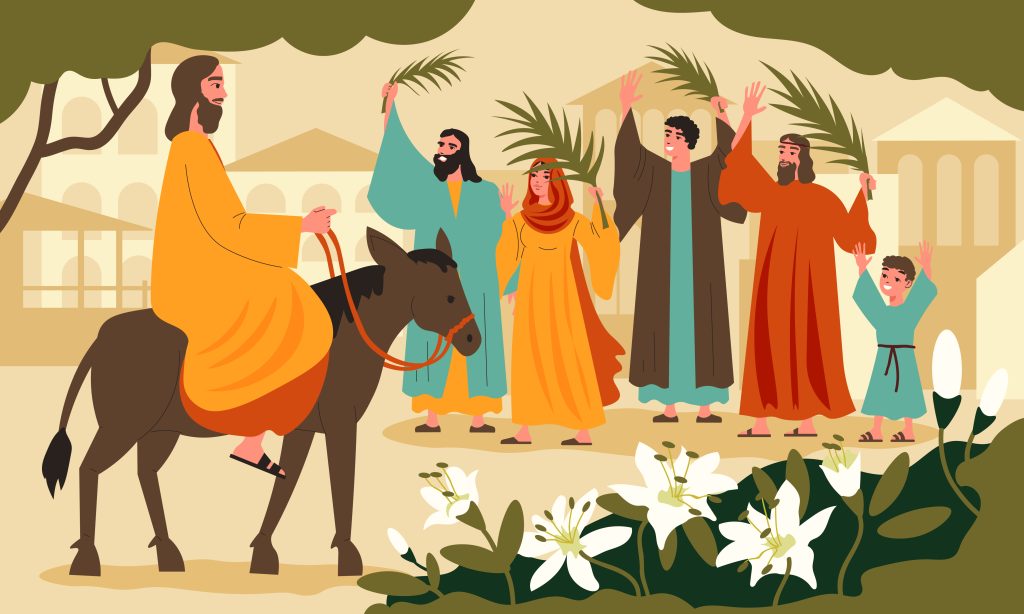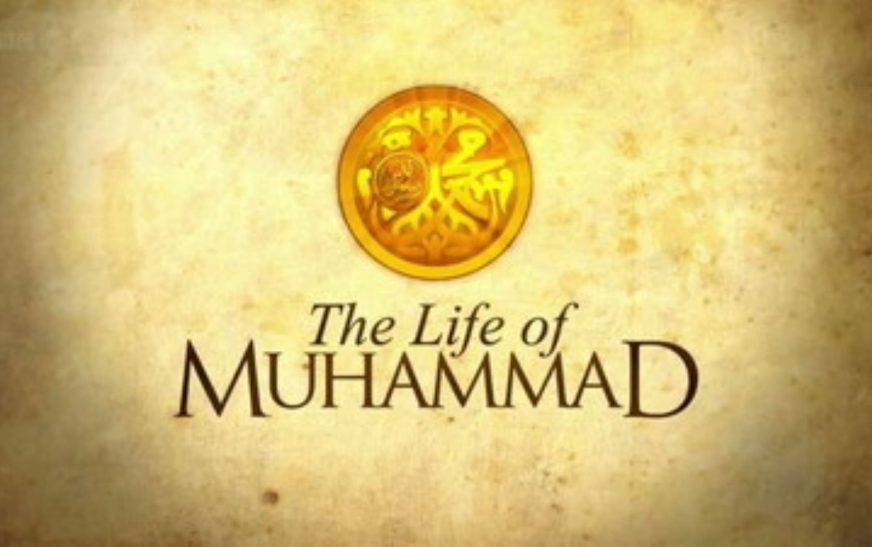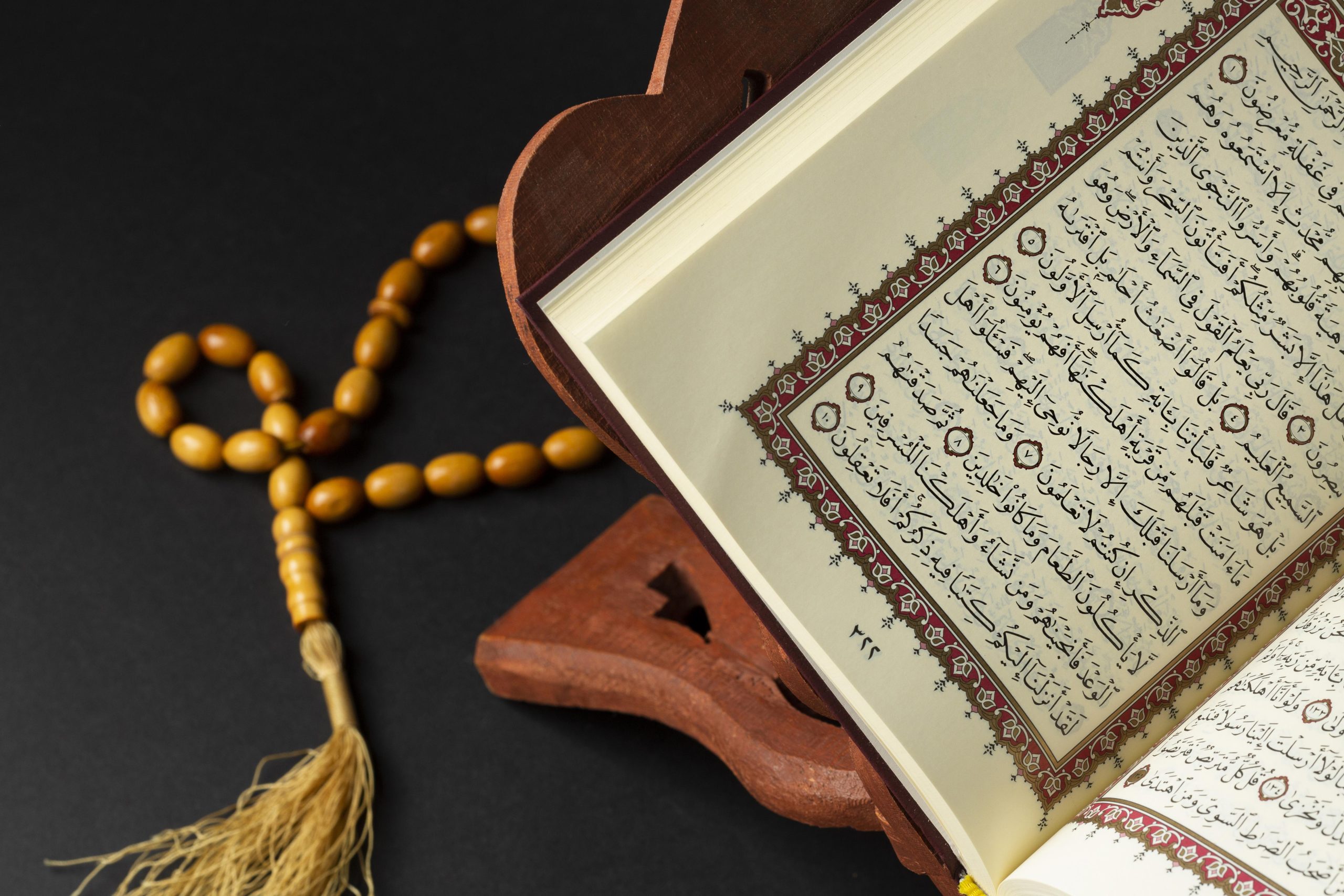Muhammad’s life before prophethood unveils a narrative of integrity, compassion, and wisdom that laid the groundwork for his pivotal role as the messenger of God. Born in Mecca in 570 CE to the esteemed Quraysh tribe, Muhammad grew up orphaned but nurtured by his grandfather and later by his uncle, Abu Talib.
His early years were marked by a deep sense of contemplation and a quest for truth, earning him the title “Al-Amin” (the trustworthy) among his peers. His honesty and fairness in business dealings garnered respect and admiration from the Meccan community, establishing him as a man of impeccable character.
Muhammad’s spiritual inclinations led him to seek solitude in the Cave of Hira, where at the age of 40, he received the first revelation from Allah through the Angel Gabriel. This profound experience marked the beginning of his prophetic mission and transformed his life’s trajectory.
Before his prophethood, Muhammad (peace be upon him) was known for his role as a peacemaker and arbitrator in Meccan society. He participated in efforts to resolve disputes and uphold justice, earning a reputation for fairness and wisdom.
His marriage to Khadijah, a wealthy and respected widow, further solidified his standing in Meccan society and provided him with a supportive and loving companion. Khadijah’s unwavering belief in Muhammad’s character and mission played a crucial role in his early years as a prophet.
Muhammad’s interactions with various religious communities in Mecca, including Christians, Jews, and pagans, exposed him to diverse beliefs and practices, shaping his understanding of monotheism and the importance of social justice.

Throughout his pre-prophethood life, Muhammad demonstrated qualities of humility, empathy, and a deep sense of responsibility toward his community. These virtues, coupled with his unwavering commitment to truth and justice, laid the foundation for his prophetic mission and the transformative impact he would have on the world.
Unveiling the Early Life of Prophet Muhammad (ﷺ): Years of Hardship and Moral Strength:
Prophet Muhammad’s (ﷺ) life, the foundation of Islam, is a captivating story of resilience, compassion, and ultimately, divine revelation. However, his journey began long before his prophethood, in the bustling city of Mecca. Let’s delve into this formative period, exploring the challenges and experiences that shaped the man who would become a beacon of guidance for millions.
Born into a Turbulent World:
Around 570 CE, Muhammad (ﷺ) entered a world marked by tribal rivalries and polytheistic beliefs. Orphaned at a young age, he faced hardship from the very beginning. He lost his father before birth and his mother when he was just six years old. Despite these early losses, he found care and support from his grandfather and uncle, fostering a sense of resilience within him.
Building a Reputation for Integrity:
Despite his challenging circumstances, Muhammad (ﷺ) distinguished himself with his honesty and trustworthiness. He earned the esteemed title of “al-Amin” (the faithful) – a testament to his character and the high regard he held in Meccan society. This reputation for integrity would later prove crucial when he emerged as a prophet, for trust would be the cornerstone of his message.
Early Career and Travels:
As a young man, Muhammad (ﷺ) took on various occupations, primarily as a shepherd and merchant. These roles not only provided for his livelihood but also exposed him to different cultures and perspectives. He traveled extensively through trade routes, encountering diverse communities and gaining valuable insights into the world around him. These experiences may have fostered his keen sense of social justice and his yearning for a more unified and compassionate society.
A Life of Simplicity and Contemplation:
Even amidst the bustling trade scene, Muhammad (ﷺ) displayed a contemplative nature. He sought solace in the quiet solitude of the hills surrounding Mecca, a space for reflection and introspection. This introspection likely laid the groundwork for his receptivity to the divine revelation that would forever alter the course of his life.
The Seeds of Compassion and Righteousness:
Throughout his pre-prophetic life, Muhammad (ﷺ) displayed a deep sense of compassion for the less fortunate. He advocated for the marginalized, including orphans and widows, and actively worked to alleviate suffering within his community. This inherent compassion would become a cornerstone of his teachings, emphasizing social justice and care for the vulnerable.

Conclusion: A Foundation for Prophethood:
The years before his prophethood shaped Prophet Muhammad (ﷺ) into a man of remarkable character. He faced adversity with grace, built trust through integrity, and developed a deep understanding of his surroundings. These experiences provided a fertile ground for the divine message he would receive later, transforming him into a leader who would inspire and guide generations to come..










